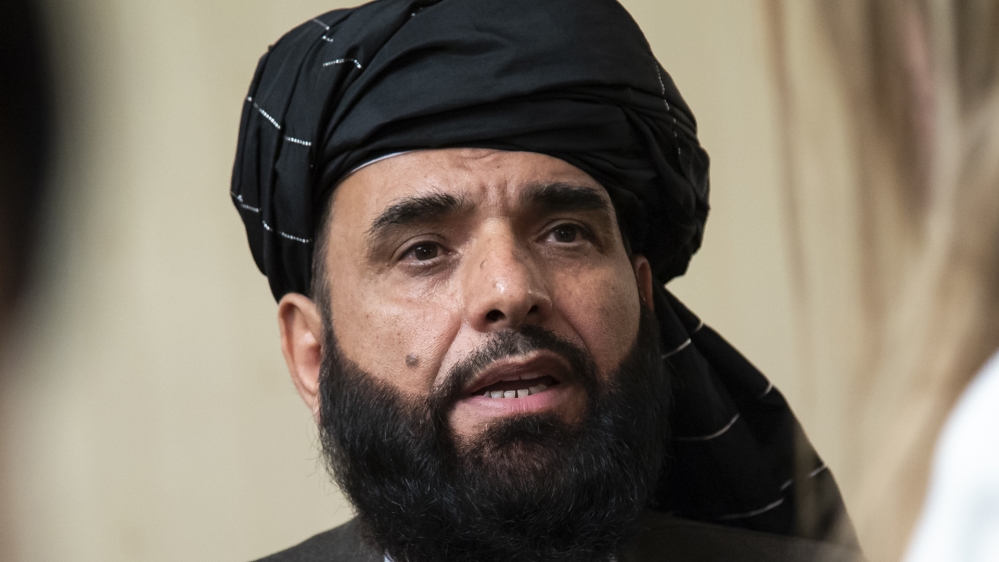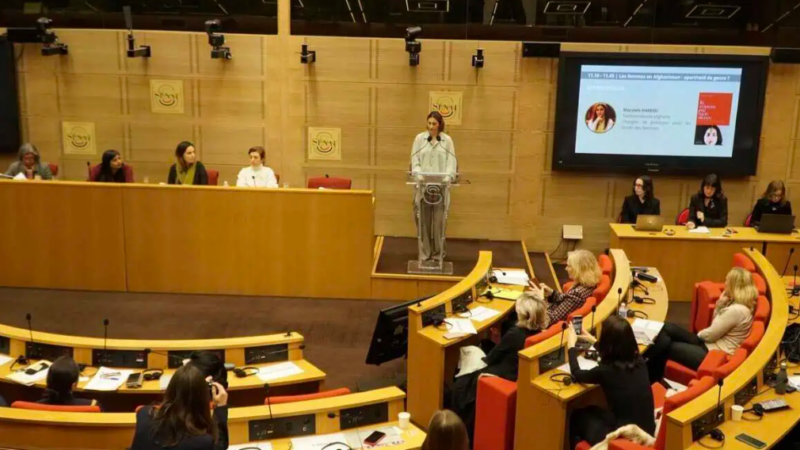Taliban harassing and creating violence in Afghanistan

Taliban as taken over Afghanistan for almost more than two months now and the political instability is continued in the country amid which the civilians are being abused and continuous violence is erupted specially in western Herat and Kandahar province.
Following the recent atrocities, the UK and US embassies described the Taliban’s aggression as entirely unacceptable and a blatant civilian massacre, constituting war crimes. The Taliban leadership, however, denies taking the responsibility and calls it baseless allegations. More recently, Taliban fighters targeted the home of Bismillah Khan Mohammadi, the acting defense minister of Afghanistan, adjacent to the green zone area in Kabul. The terrorist attack took place in the heart of Kabul, taking the lives of scores of innocent people and security personal. The hypocritic attitude of the insurgent group has made people lose faith in the stalled peace talks with no tangible progress on the table.
On the same night, local people poured on the streets of Kabul chanting Allahu Akbar, “God is Great”, in support of the Afghan National Defense and Security Forces (ANDSF) and their opposition towards the Taliban. People in Herat rallied similar “Allahu Akbar” chanting the night before the Kabul attack to announce their backing from ANDSF. Perhaps the terrorist attack on Mr. Mohammadi’s home was a retaliation by the Taliban fighters, which caused more death and chaos during these critical times.
In his recent speech at the Afghan Parliament, President Ashraf Ghani blamed the existing unstable security situation on the US forces’ abrupt withdrawal from the country. Rather than presenting a concrete and comprehensive security plan to revive the Afghan security forces’ morale, Mr. Ghani condemned the Taliban’s hostile behavior against Afghan civilians and encouraged people to stand against the insurgent group. Afghan people and members of the international community in Kabul expected to hear about a possible solution from the president, and yet he delivered the same repetitive and indifferent speech.
Meanwhile, the US government has accelerated the process of providing Afghans, including interpreters and those who worked with the United States, the opportunity for refugee resettlement. This is an excellent chance for qualified applicants to escape the never-ending military and political uncertainty in Afghanistan. However, it also makes ordinary people worry about the outbreak of another civil war with dire consequences, resulting in a new refuge influx, violation of human rights’, re-emergence of an extreme regime, and perhaps losing the gains of the past 20 years in different fields. This has raised grave concern among Afghan people who had witnessed the brutality of the Taliban regime from 1996-2001.
Taliban leadership’s reluctance for genuine peace talks in Doha, their aggression on the battlefield, and the killing of religious scholars, social activists, journalists, and local civilians complicate the situation, giving no room for a negotiated political settlement to end the conflict in Afghanistan. Besides all the atrocities being committed by the group’s fighters, the Taliban demand a dominant role in the future government in Afghanistan. Meanwhile, the Afghan peace process’s regional and international stakeholders pressurize the warring parties to stop causing further human casualties and opt for negotiation to reach a comprehensive peace agreement.






